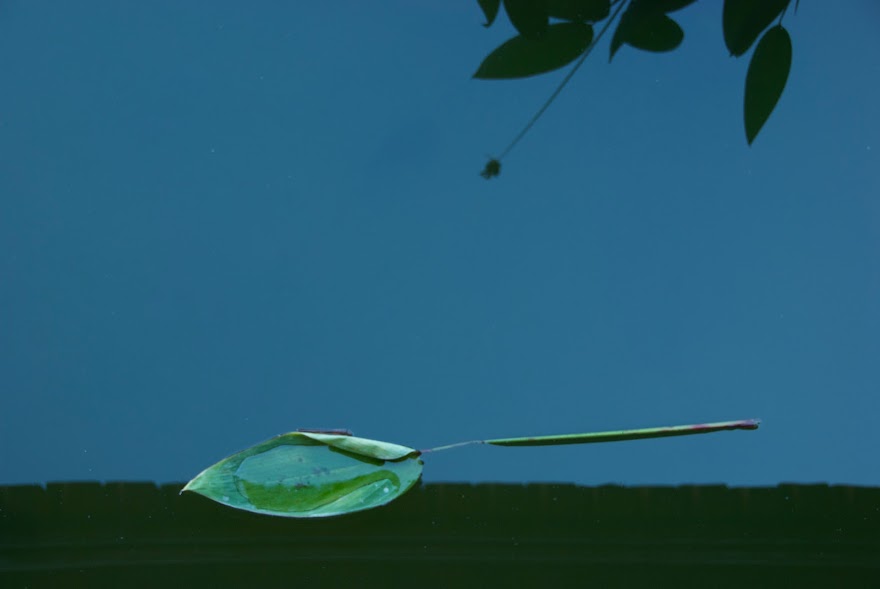I set a new record for doing my standard workout last year: 124. The old record was 121 in 2021. Of those 35 were the extended version where in the first set instead of doing my age in push-ups and crunches I go to 100 and in the second and third sets instead of 40 I do 50. I do 110 side leg raises each leg instead of 100 and I do a total of 300 knee bends in sets of 60 40 200 instead of 60 40 150. When you are already doing 83 or 84 push-ups it is not much of a stretch to go to 100. This makes it somewhat difficult to total the number of push-ups for the year, but it is about 10,748. For the past few years I have sought to perform the extended workout once a month. This year I am going to try to do it once a week.
books read July-December
METAMORPHOSES Ovid translated Stephanie McCarter
MICHAEL ROBARTES AND THE DANCER William Butler Yeats
CLASSICAL CHINESE POETRY
RETURN TO THE SEA Webb Chiles
THE MISSION Tim Weiner
THE TOWER William Butler Yeats
THE BOUNTY Caroline Alexander
HUMAN VOICES Penelope Fitzgerald
300 TANG POEMS
A RIVER RUNS THROUGH IT Norman MacClean
ZEN POETRY
BEING HUMAN editor Neil Astley
THE HIDDEN HISTORY OF AMERICA AT WAR Kenneth Davis
THE SECRET LIFE OF EMILY DICKINSON Jerome Charyn
POEMS: LI PO and TU FU
THE SHELL COLLECTOR Anthony Doerr
THE MEANING OF NIGHT Michael Cox
SELECTED POEMS Fernando Pessoa
MESSAGE Fernando Pessoa
IN THE NIGHT OF TIME Antonio Munoz Molina
ACT OF OBLIVION Robert Harris
CLOUD CUCKOO LAND Anthony Doerr
WAR MUSIC Christopher Logue
THE ANCHOR BOOK OF CHINESE POETRY
SENTIMENTAL EDUCATION Gustav Flaubert
OUTNUMBERED Cormic O’Brien
COMPLETE POEMS C.P. Cavafy
HOJOKI: A Hermit’s Hut as Metaphore Kamo no Chomei
REGENERATION Pat Barker
THE EYE IN THE DOOR Pat Barker
THE GHOST ROAD Pat Barker
IDYLLS OF THE KING Alfred Tennyson
MOUNTAIN HOME: WILDERNESS POETRY OF ANCIENT CHINA
THE UNDISCOVERED COUNTRY Paul Andrew Hutton
THE RAINBOW Yasunari Kawabata
SAILING ALONE AROUND THE ROOM Billy Collins
Of these sixteen were books of poetry Six were non-fiction. The rest were fiction. All are worth reading. I started several other books that I did not finish. I have no problem in putting aside a book I am not enjoying.
THE MISSION is a disturbing history of the CIA this century.
THE BOUNTY told me details about the mutiny, about which I have read much, that I did not know.
THE SHELL COLLECTOR is an excellent and original collection of short stories.
IN THE NIGHT OF TIME is an epic novel of the Spanish Civil War whose main character is a Spanish architect.
CLOUD CUCKOO LAND is an epic feat of imagination.
WAR MUSIC is an impressive modern retelling of THE ILIAD.
REGENERATION, THE EYE IN THE DOOR, and THE GHOST ROAD are a trilogy of WWI with some characters based on men who lived then, including the psychiatrist W.H.R. Rivers and the poets Siegfried Sasson and Wilfred Owen. This is the second time I have read the novels and I was as impressed by them as I was ten years ago.
Last evening Carol and I watched an extraordinary film on Netflix, TRAIN DREAMS. It had slight showing in theaters before going to streaming, but has received deservedly excellent reviews. Here is one with which I fully agree.
https://www.rogerebert.com/reviews/train-dreams-film-review-2025#google_vignette











